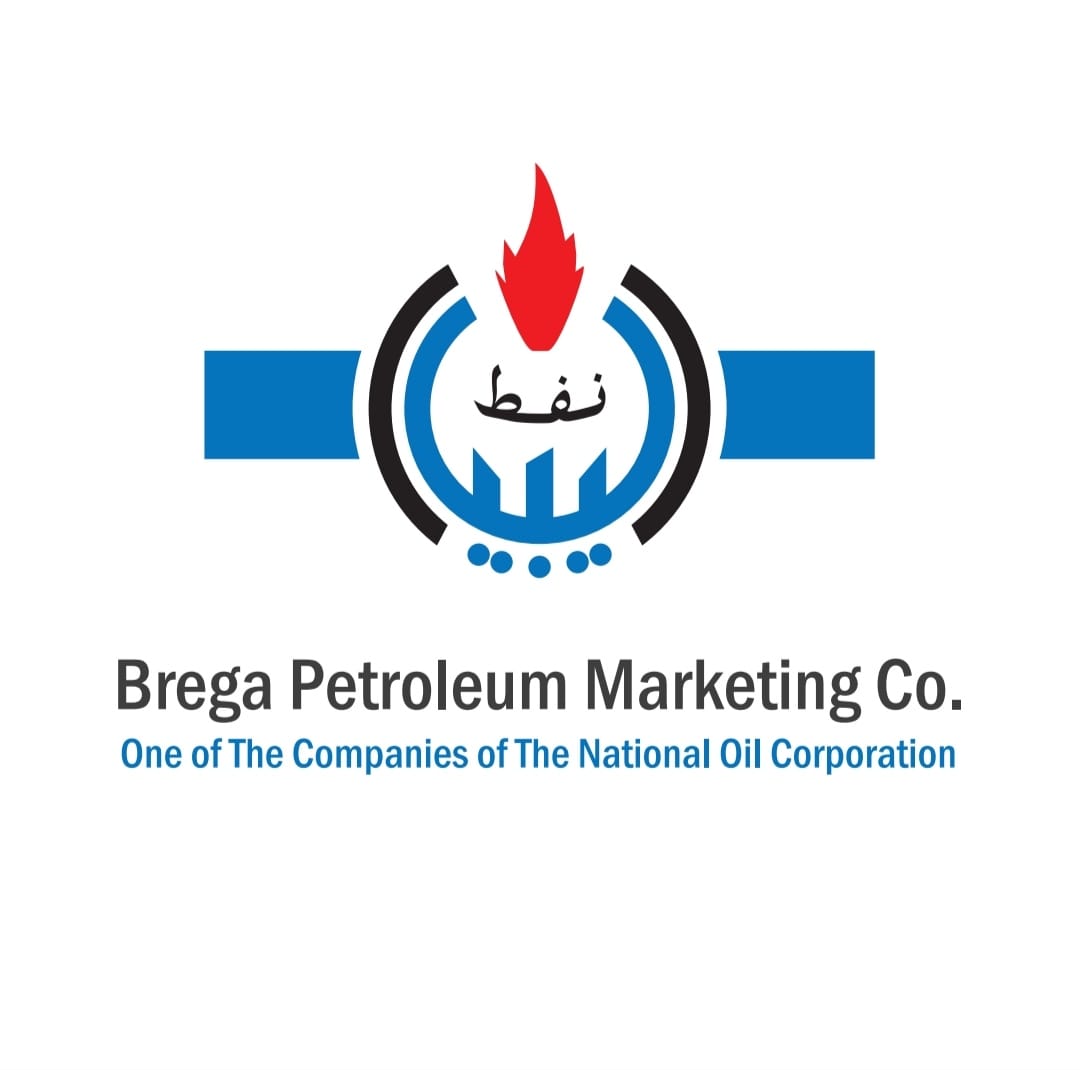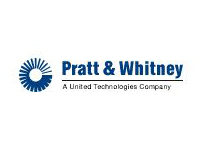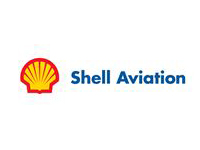The 5th International Conference on Stability and Handling of Liquid FuelsSummaryLocation: Rotterdam, The Netherlands Dates: October 3-7, 1994 Attendees: 203 Delegates; 51 Guests Conference Chair: Harry N. Giles Two measures of the success of an international conference are the number of attendees and the number of countries that they represent. Based on these criteria, the 5th International Conference on Stability, Handling and Use of Liquid Fuels in Rotterdam, the Netherlands, October 3-7, 1994, was very successful, with 203 attendees from 28 countries. This is the largest number of countries ever represented at one of these conferences. These figures are highly gratifying to me, in my role as conference chair. Because of the continuing recession that began before the 1991 conference, many companies and organizations have curtailed or eliminated attendance at international conferences. These cutbacks have especially affected attendance at specialized conferences such as this. A synopsis of the papers and posters is provided later in this newsletter. From the papers presented, jet fuels and other middle distillates continue to be the subject of considerable study. The microbial aspect of petroleum degradation is another subject that still attracts much attention. The use of computer-based expert systems for monitoring storage stability and predicting when products should be used or replaced is on the increase. The causes of fuel degradation apparently are better understood, and less attention was devoted to this topic than in previous years. Interest continues in the quality of refined products stored in strategic stockpiles. Test rigs and simulators are now widely used in evaluating stability. New methods for measurement of deposits formed during degradation have been developed and older methods revised. The effects of metals and heterocompounds on gasoline storage stability also continue to be studied. A broad topic coming to the forefront is that of environmentally-friendly fuels, or green fuels. Within the United States, legislative initiatives and an enlightened environmental awareness have resulted in stricter practices at fuel handling and storage facilities. The Clean Air Act Amendments of 1990 are requiring refiners to reformulate their fuels or turn to alternate compositions. For marketing in certain ozone nonattainment areas, gasoline must contain at least 2 percent oxygen and less benzene and other aromatics than previously allowed. By the year 2000, the entire U.S. gasoline pool may be reformulated. Diesel fuel must have an ultra-low sulfur content, and it is possible that even home heating oil may eventually have to conform to this new standard. Product imports must also meet current environmental and statutory requirements. This is compelling offshore refineries to upgrade their processes to produce cleaner fuels for the U.S. market. Because reformulated fuels have only recently appeared in the marketplace, relatively little is known about how many of them will withstand the rigors of handling and storage, or succumb to microbial attack. In Europe as well, changes are taking place in the composition of fuels in response to a growing environmental awareness. Many countries are beginning to adopt more stringent policies regarding fuel composition. The world crude oil stream is getting heavier and higher in sulfur, which is complicating the need to produce cleaner fuels. More severe processing is necessary, therefore, to obtain specification products. Moreover, there is a greater tendency to upgrade the bottom of the barrel to provide more transportation fuels in response to rapid growth in demand. These trends are exacerbating the problems with product quality and stability. We are witnessing one of the most dramatic changes in the composition of fuels in more than 50 years. Consequently, the timing of the fifth conference probably could not have been better. Several papers were presented that discussed various aspects of the new fuels that are appearing. I expect the stability and handling of these "future fuels" will be a major theme of the sixth conference. Whatever their composition, we will continue to face the same problems identified by the National Petroleum Council more than 50 years ago, namely instability, incompatibility, and contamination. I thank the following who provided generous support for this conference: U.S. Al-Ghamdi; Chevron; Biodeterioration Control Associates; Ethyl; Fuel Quality Services, Inc.; Fina Nederland; KLM, Royal Dutch Airlines; Nalco/Exxon Energy Chemicals, L.P.; Octel America; Paktank International BV; and Rohm and Haas. The Dutch Ministry of Economic Affairs was the conference host and provided invaluable support to the organizers. I am also grateful to the many people that helped me in organizing this conference. I am especially indebted to Mrs. Shirley Bradicich and Mrs. Jan Tucker of the Coordinating Research Council who so admirably handled many arrangements and administrative details. Finally, I thank everyone that attended the conference. Their interest and support ultimately make these conferences successful. |















